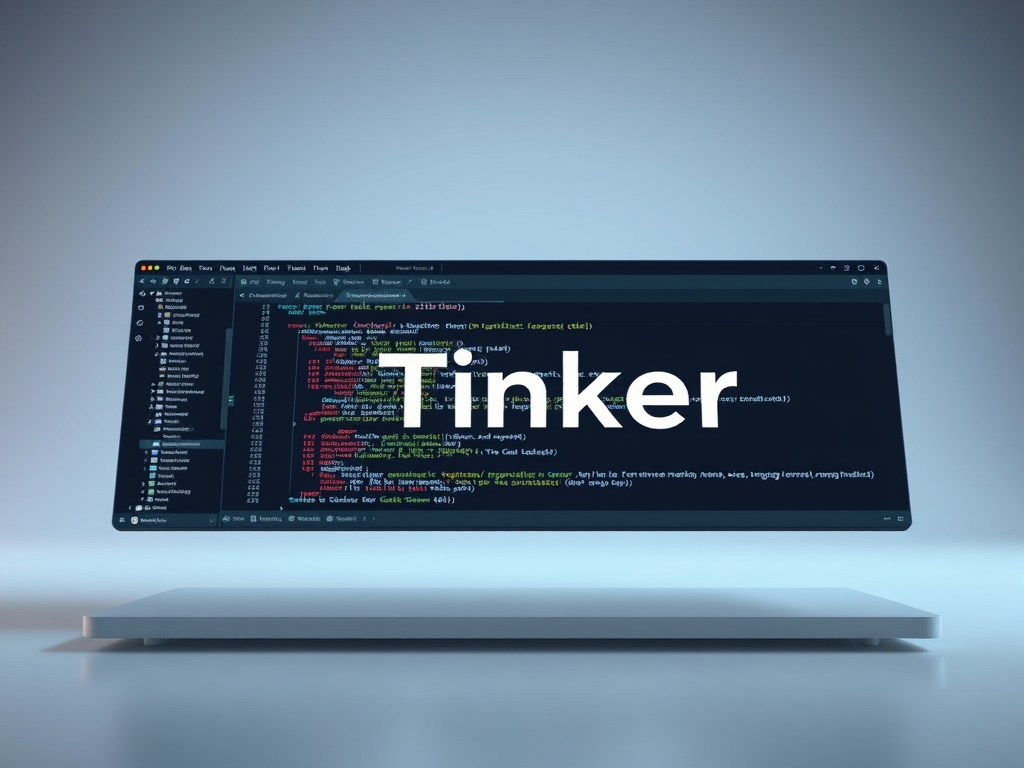AI Tool Review
Pick two tools that solve the same problem (e.g., Zapier vs. n8n, AWS Lambda vs. Azure Functions). Compare setup, cost, ease of use, and limitations. End with a “best for…” summary.
Perplexity Email Assistant is an AI-based inbox manager that automates email processes for $200/month, ideal for high-volume executives and enterprise users. It integrates with Gmail and Outlook, learns user communication styles, and schedules meetings autonomously. However, it is unsuitable for budget-conscious or light email users due to its pricing and lack of a free trial.
Magistral-Small-2509, released by Mistral in September 2025, is an open-source 24-billion-parameter multimodal model that supports both text and images through special [THINK] tokens. It is designed for developers and researchers but lacks a polished UI for casual users. Pricing is competitive, yet free access is limited by GPU quotas.
Tinker, Mira Murati’s initial product from her AI startup Thinking Machines Lab, is a managed API for fine-tuning large language models via Python, designed for research teams. Currently in private beta, it offers simplicity in model training while managing distributed complexities, but lacks public availability, clear pricing, and production readiness.
Base44, launched in 2025, is an AI-driven no-code platform allowing users to create web and mobile apps via plain language descriptions. The platform offers integrated tools for app building, hosting, and analytics. While ideal for quick deployments, it’s less suited for complex apps. Base44 provides a unique approach to app development, emphasizing speed and accessibility.
OpenAI’s Instant Checkout feature for ChatGPT, launched on September 28, 2025, enables single-item purchases directly within chat, primarily from U.S. Etsy sellers. While it streamlines buying for impulse shoppers, merchant fees remain undisclosed, and the service lacks multi-item functionality. Broader adoption relies on expanding merchant partnerships beyond Etsy.
Claude Sonnet 4.5, launched on September 29, 2025, excels in coding, workflow automation, and long-context tasks. Ideal for developers and teams, it integrates with various platforms and offers advanced features. However, high output costs and limitations in visual reasoning may deter budget-conscious or visually-focused users.
Nothing launched an AI tool, Playground, allowing users to create and customize mobile widgets with natural language prompts. Free at launch, it aims to build a community and emphasizes security. However, it only supports small widgets, limiting its appeal compared to other AI app builders focused on full-featured applications.
ChatGPT Pulse is OpenAI’s new feature providing personalized daily briefings, tailored for busy professionals. It requires a $200/month Pro subscription and synthesizes data to deliver relevant updates while users sleep. However, its high cost limits accessibility, directing casual users to explore alternatives until broader expansion occurs.
Qwen3-Max, Alibaba’s advanced language model with over 1 trillion parameters, ranks 3rd globally, outperforming GPT-5-Chat. Its unique MoE architecture enhances efficiency and accuracy across diverse tasks, supporting over 100 languages. API accessible, it offers competitive pricing, positioning it to disrupt the enterprise AI market and challenge existing providers effectively.
Overview Gemini 2.5 Pro is Google DeepMind’s newest large language model. It sits in the Gemini 2.5 series and is meant to balance power and cost for developers and businesses. According to an Analytics Vidhya overview, this Pro‑tier model delivers higher accuracy on language and multimodal tasks, improved computational efficiency, and stronger coding and reasoning capabilities compared with Gemini 1.5 Proanalyticsvidhya.com. […]
- 1
- 2











